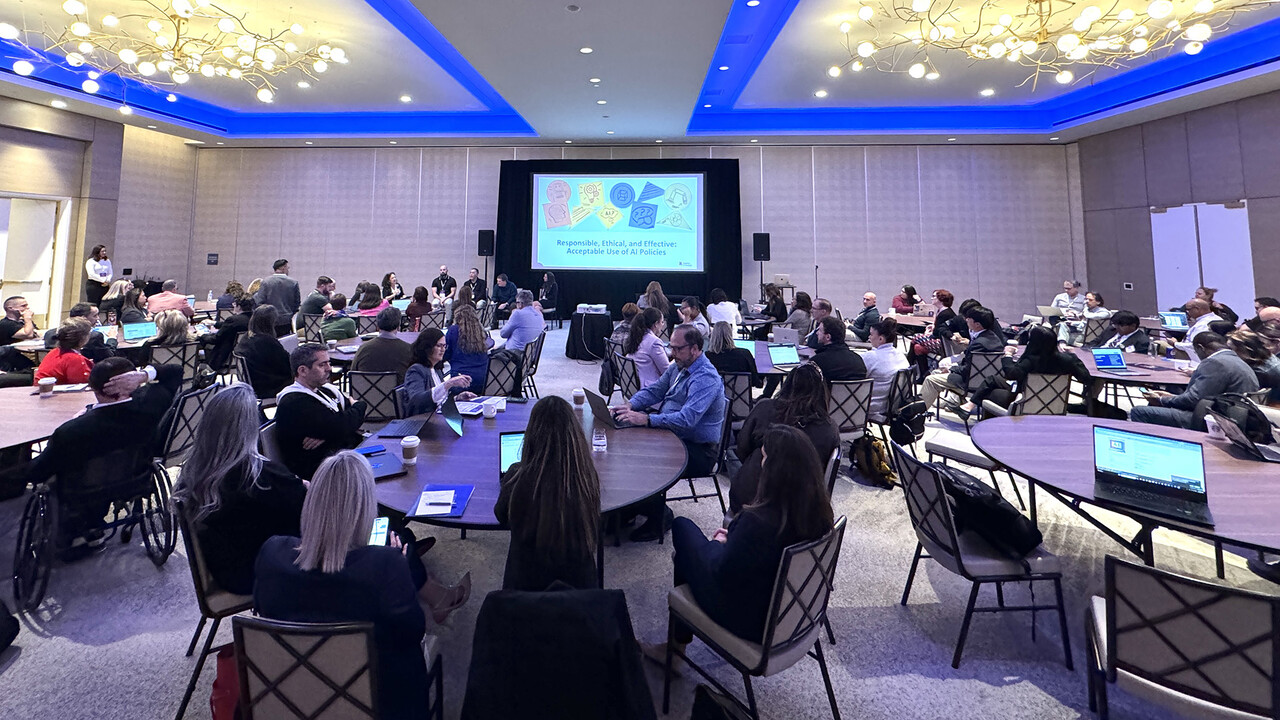Fostering relationships with the edtech development community is a pivotal part of Digital Promise’s work. By collaborating with districts, relying on learning sciences research, and incorporating broader community input through co-design opportunities, developers can create more effective and equitable educational solutions.
The VITAL Prize Challenge, a $6 million prize challenge launched by U.S. National Science Foundation (NSF), provided funding, resources, and capacity-building support for small teams to bring new innovations to K-12 learning, with focus on rapid and continuous learning assessment, mathematical literacy to promote a future STEM workforce, or other novel concepts and technologies to support diverse communities of K-12 student learners and teachers.
Following three competitive rounds of programming, finalists presented their minimum viable prototypes (MVP) in live pitch sessions, resulting in a first, second, and third prize-winning team for each track, with grand prize winnings of up to $250,000 per team.
From hyper-personalized career discovery to multi-sensory learning systems for students who are blind or have low vision, the award-winning teams represent a new generation of emerging educational technology products designed to improve the experiences of students who have been historically and systematically excluded from learning and education systems.
Through our Product Certifications initiative, Digital Promise aims to foster an edtech industry that provides equitable learning opportunities for each learner to thrive, especially learners who are most often under-resourced.
Since launching in 2020, our mission has been to build a uniform, consistent, and transparent system for recognizing the product qualities and features that educators and learners care about most.
Digital Promise’s Product Certification Platform has issued seven new certifications and awarded more than 200 Open Badges. Through this work, we hope districts can make more well-informed decisions about their edtech purchases.
We launched the Badging Coalition to support the development of an Open Source Badging Solution, which has yielded cross-sector collaboration, input, and a prototype. In addition, we also announced partnerships with 1EdTech and the Velocity Network Foundation, which will support our long-term goal of impacting equitable practices across the digital credentialing ecosystem. Looking ahead, we are excited to continue building on this momentum and further enhance our ability to realize our Impact Goals.

Photo credit: AUHSD Communications
Though AI’s influence in education is widely viewed as inevitable, how can we ensure humans remain in the loop? At the AI K12 Deeper Learning Summit in Anaheim, California, co-hosted by Digital Promise, team members presented on topics including feedback loops, Research-Practice-Industry Partnerships, how AI may impact the future of teaching, and acceptable use policies involving AI. The importance of keeping people at the center was central to all of these discussions.
We look forward to continuing to support system leaders and developers as they navigate AI tools in education, and hope the conversations started at the summit lead to ongoing collaboration and advancement of the field.
How do we get insights to the people that need them the most? This question has guided Digital Promise’s research into the design of successful feedback loops, and we’ve explored ways that different communities can collaborate to improve education.

Through research and pilots with communities of researchers, practitioners, and edtech product developers, we have identified four principles we believe will promote education innovation and transformation through the creation of better feedback loops.
Learn more about these four principles here.